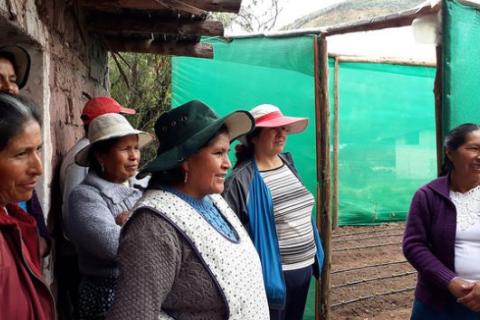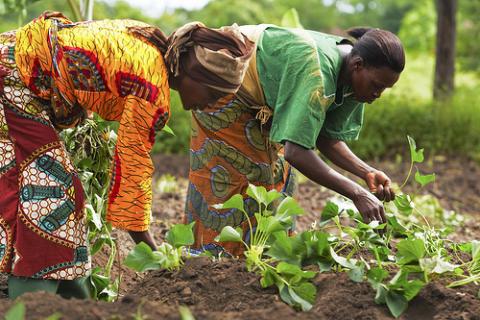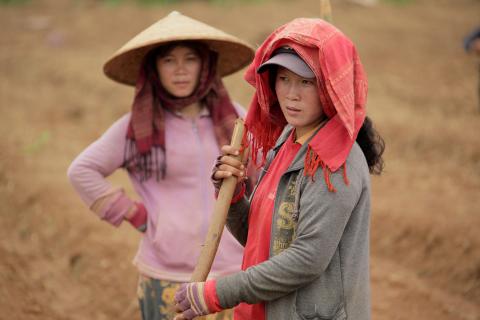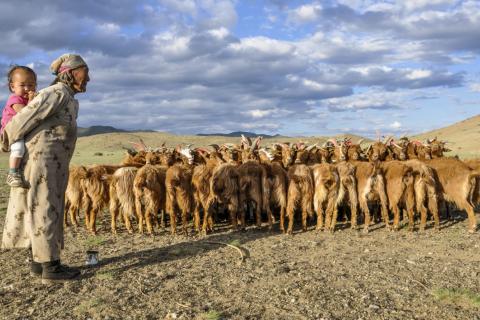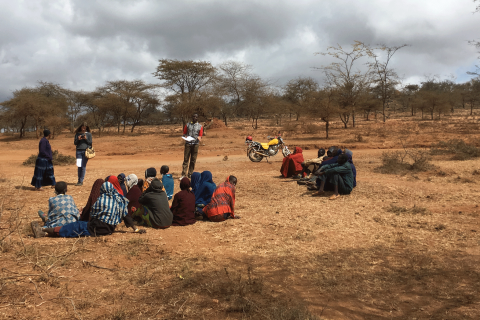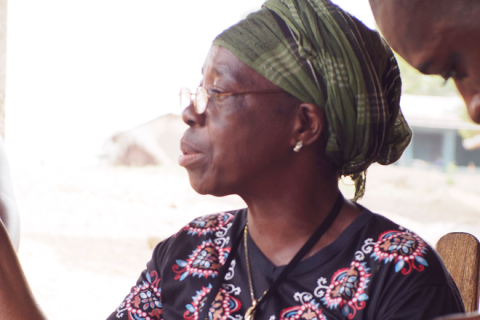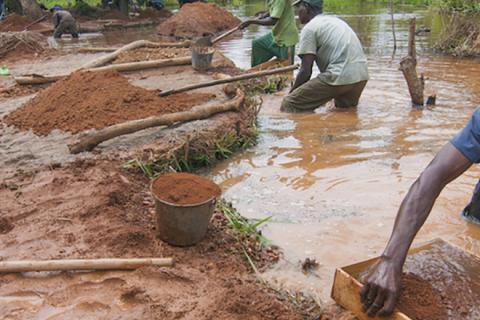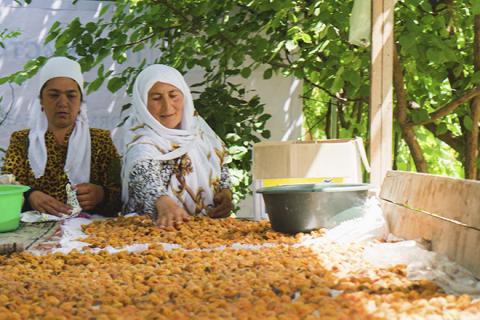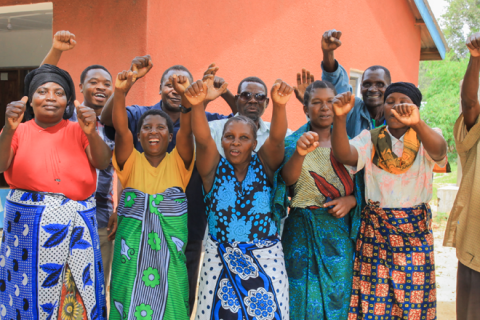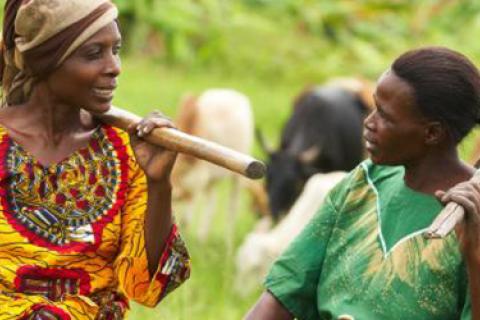Grassroots participation is the key to closing the data and gender gaps
The Sustainable Development Goals (SDGs) represent unprecedented and increasing global recognition of land rights—especially women’s land rights. Leaders across the globe have included three land-specific sex-disaggregated indicators:
- Under Goal 1 (No Poverty), indicator 1.4.2 measures legally recognized documentation of rights to land and perceptions of secure tenure;

